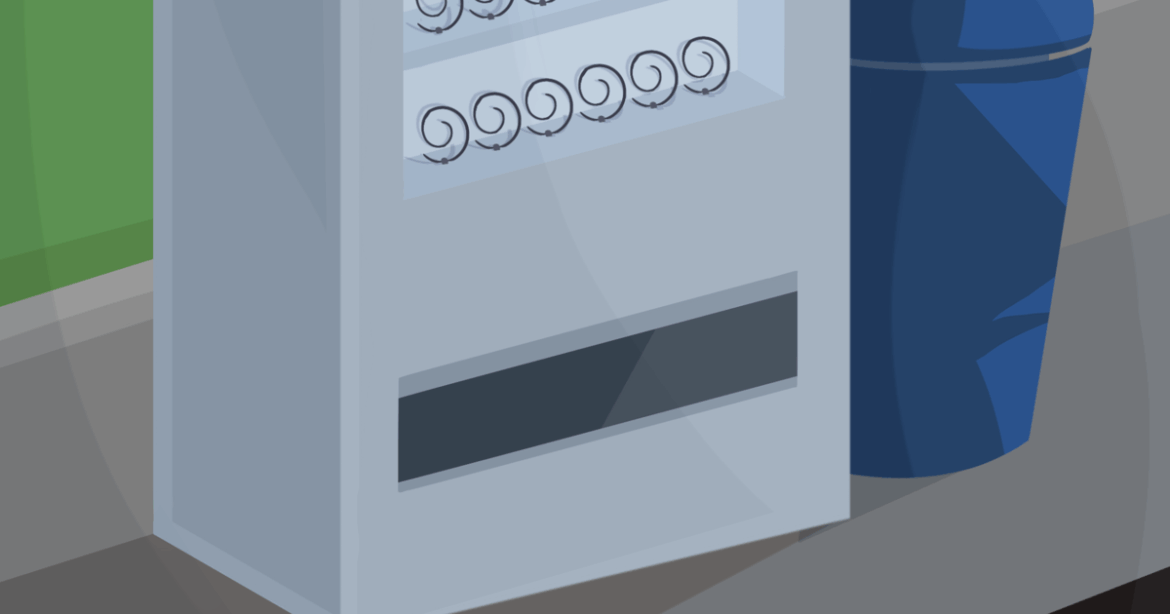One of the most widely discussed cultural differences online between Japan and the United States is the idea of convenience, from vending machines on every street to a transportation system that gets people from one place to another quickly. Japan has the convenience game all figured out.
U.S. companies and institutions could greatly benefit from incorporating some Japanese convenience practices into their business principles. This will allow potential business growth and improve customer satisfaction and loyalty.
Convenience and hospitality are two deep-rooted cultural aspects prevalent across Japanese industries. The term omotenashi roughly translates to hospitality, but in Japan, it is more of a cultural way of life than just a term to describe the service industry.
In the U.S., the overall customer service focus is more on efficiency and meeting the customers’ needs after a request has been made. Japan’s service method is proactive, aiming to anticipate a client’s needs.
Convenience extends beyond the service industry and is integrated into everyday life. The transportation system in Japan makes travel easier by using bullet trains to travel across the country.
Texas had plans for a high-speed railway between Dallas and Houston but had its federal funding cut by President Donald Trump’s administration earlier this year, seemingly deferring a plan that would have aided transportation convenience significantly for commuters. This plan would have helped Texans with daily commutes to a similar level of success that Japan’s iconic bullet trains have achieved in terms of sheer convenience for their residents.
A change in mindset for convenience can improve day-to-day experiences for people, especially in bigger cities, as having several services in one place can shorten commutes. The American Driving Survey found that drivers reported spending an average of 60.7 minutes per day driving in 2023.
A central concept that stands out are konbini, a Japanese convenience store that provides almost everything a consumer may need. Konbinis live up to their name as they work as an all-in-one shop for services that would be split up across several stores in the U.S.
Convenience stores are crucial to Japan, as they are more than a snack shop. In a story for the Japan National Tourism Organization, Australian journalist Lucy Dayman wrote about her experience with convenience stores in Japan. In her article, she described amenities such as ATM services, printing, bill payments, mailing, selling concert tickets and even clothing.
The three main convenience stores in Japan are 7-Eleven, Lawson and FamilyMart. These three stores are seen on almost every street. 7-Eleven is the largest convenience store in Japan. As of 2023’s fiscal year, there were 21,533 7-Eleven stores across Japan, according to Nippon.com. In the U.S. and Canada, there are approximately 13,000 stores, but there has been a decrease of 3 percent following closures due to a decline in traffic.
In the U.S., the convenience store concept is generally tied to a gas station. The primary focus of the gas station is to get gas and a small selection of snacks for the road.
In addition to being embedded in transportation and convenience stores, the principles of omotenashi are perhaps most evident in Japan’s restaurant culture. According to the Michelin Guide, Japanese hospitality in restaurants, and across other industries, is culturally regarded as providing a service wholeheartedly. The goal is not to just meet needs but to enhance interpersonal experiences and elevate the quality of public service.
Gavin H. Whitelaw, a senior associate professor of anthropology at International Christian University, focused his research on Japanese convenience stores. In a Japan Foreign Policy Forum, he wrote that the American versions of convenience stores were “inconvenient by comparison.”
The U.S. needs Japan’s mindset when it comes to convenience. Incorporating technology is a step in the right direction, such as more automated kiosks, a technology prevalent in Japanese convenience culture, in businesses across the U.S. These kiosks provide consumers with a sense of control in their shopping experience and can improve customer satisfaction, as staff can focus on providing better customer service.
Japan and the U.S. are very similar in one aspect of work culture. Compared to other developed countries, Japanese and American employees work long hours and do not take many vacations.
By making stores and other hospitality institutions like transportation more convenient, people’s quality of life can be improved. According to U.S. News and World Report, Japan is ranked No. 14 in quality of life, notably higher than the U.S., which is ranked No. 22.
Convenience is not just about making life easier. It is about shaping a culture that values time, efficiency and human-centric service.


AloJapan.com